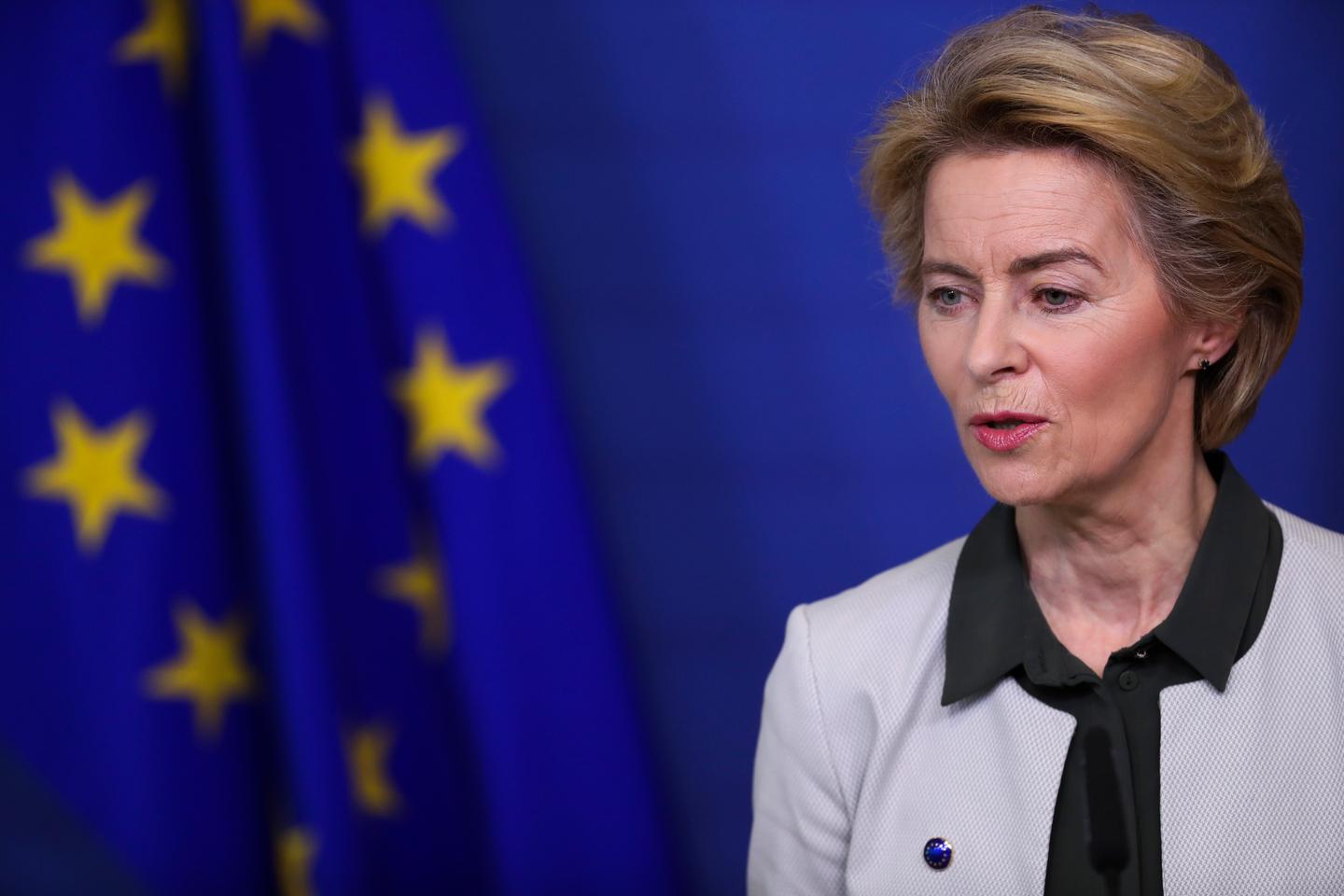


Five years ago, European Commission President Ursula von der Leyen presented the Green Deal to the European Parliament. The plan to make Europe the first carbon-neutral economy came on the back of widespread climate protests and a green wave in the 2019 EU elections.
Over the past five years, this wave has crashed against hard geopolitical realities. The response to the Covid-19 pandemic, Russia's full-scale invasion of Ukraine, an aggressive China and an escalating conflict in the Middle East have underscored Europe's vulnerability and put pressure on European budgets.
President von der Leyen's new team of commissioners has now been approved by a new European Parliament. During their recent hearings, commissioners faced pressure from MEPs to explain how they will meet the multitude of challenges facing Europe, with calls for the European Commission to row back on its ambitious green agenda. This would be a geopolitical mistake.
Energy dependence
European leaders need to view tackling climate change as a security priority, not just an environmental one. If global warming continues unabated, it will mean greater instability in the future. Increasingly frequent extreme weather events, resource conflicts and new waves of climate refugees will mean new humanitarian and even military commitments. Global leaders must do all they can to mitigate these threats.
The European Union (EU) has been an important leader in the fight against global warming. That will be even more important with the return of Donald Trump to the White House and his promise to withdraw from the Paris climate agreement. If Europe follows the United States in stepping back from its green commitments, global support will erode, making the already daunting task of slowing the rise of global temperatures impossible.
If managed effectively, Europe's transition to a carbon-neutral economy can offer a path to greater strategic autonomy. Europe is heavily dependent on the import of both oil and gas. For years, European leaders ignored Vladimir Putin's growing militancy while relying on Russian energy imports. Only after the full-scale invasion of Ukraine did Europe finally wake up to the reality of our energy dependence.
Russia still accounts for almost 15% of EU gas imports but this is down from over 40% before the war. In the short term, Europe has replaced Russian hydrocarbons from other suppliers in the global market at a significant cost. In the long term, scaling up renewables will boost Europe's energy independence.
You have 56.36% of this article left to read. The rest is for subscribers only.
